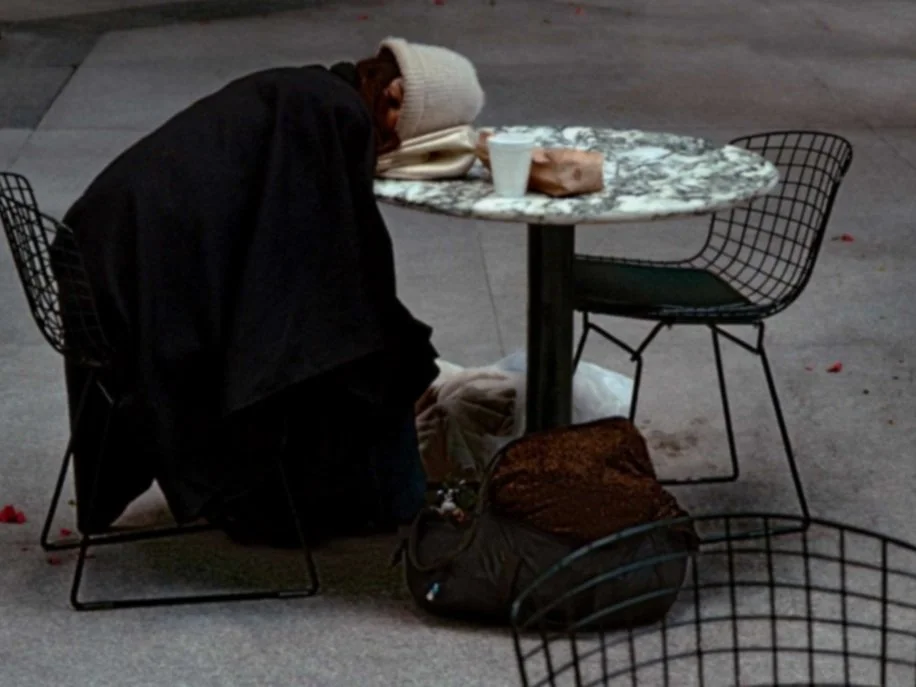Power of One: Embracing the Beauty of Being Alone
Solitude is often misunderstood especially as a species whose evolution thrived on connectivity. However, being alone is too easily equated with loneliness—when, in truth, the two are vastly different states.
Loneliness is a feeling of lack; solitude is a state of presence. It is not an absence, but a return: to self, to stillness, to sovereignty. Blaise Pascal once remarked, “All of humanity’s problems stem from man’s inability to sit quietly in a room alone.”
But what if solitude isn’t a problem to be solved, but a path to be cherished? From a psychological, philosophical, and spiritual perspective, solitude offers profound gifts—clarity, strength, and a deep-rooted sense of inner wealth.
-
Introducing The Parlor, an exclusive repository of 100+ personal growth, self-care, and luxury living resources to help you thrive.
-
Explore The Dossier, our premium career and business intelligence platform for luxury industry professionals and brands.
The Psychological Benefits of Solitude
A hiatus for the modern Mind
Solitude provides a much-needed reset for the modern mind. Away from the noise of notifications and demands, the nervous system can soften. Cortisol drops. Creativity sharpens. Psychologists explain that solitude enhances concentration, increases productivity, and supports mental clarity.
A Mirror for Self-Awareness
In quietude, we begin to see ourselves clearly—not through the eyes of others, but through our own. Emotions become easier to navigate, inner dialogue becomes more truthful. As Carl Jung famously wrote, “Who looks outside, dreams; who looks inside, awakes.” Alone time invites this awakening.
a necessary ritual for some
Certain personality types don’t merely enjoy solitude, but require it. Introverts, and particularly INTJs and INFJs on the Myers-Briggs spectrum, derive their energy from solitude, not social engagement. As Susan Cain notes in the book Quiet: The Power of Introverts in a World That Can’t Stop Talking, introverts thrive in environments where they can think deeply, work independently, and connect inwardly before outwardly.
The Philosophy of Self as Sanctuary
Stoicism and Inner Sovereignty
The Stoics viewed solitude not as loneliness but as a training ground for character. Marcus Aurelius and Epictetus often spoke of cultivating a mind that remains unshaken by external chaos. To the Stoic, solitude is where one sharpens their moral compass and becomes self-sufficient in spirit.
Existentialism and Authenticity
For existentialists like Sartre and Nietzsche, solitude is a rite of passage. Without the distractions of society, one must confront the vastness—and responsibility—of freedom. In aloneness, the authentic self emerges: not the self that performs, but the one that creates.
Transcendentalism and Growth
Thinkers like Emerson and Thoreau viewed solitude as essential to transcendence. In isolation from society’s noise, one taps into nature, intuition, and universal truth. “I never found a companion that was so companionable as solitude,” Thoreau wrote in Walden. This solitude is not detachment—it is elevation.
Solitude as a Spiritual Practice
Portal to Higher Consciousness
Across cultures, solitude has been the chosen state for mystics, monks, and seekers. Hermits retreated into caves, nuns into cloisters, prophets into deserts—not to escape the world, but to hear the divine more clearly. Rumi wrote, “A little while alone in your room will prove more valuable than anything else that could ever be given you.”
Preservation of energy
Spiritually, solitude protects your energy. Away from others’ projections and demands, you return to your own frequency. Clarissa Pinkola Estés, in her book Women Who Run With the Wolves, describes this as a return to the wild psyche—a time when instinct, intuition, and the soul are given room to breathe.
Reconnecting with Inner Divinity
Solitude allows you to commune with the divine within. In the quiet, spiritual practices such as meditation, breathwork, or prayer become more potent. This inward turning isn’t about isolation but realignment with your highest self, where peace and guidance arise from within rather than being sought externally.
Design Your Life
Ready to start living with intention? Then elevate your life with our repository of exclusive resources.
Creativity and Vision With Silence
Fertile Ground for Ideas
Solitude is not barren—it is richly generative. Virginia Woolf, Leonardo da Vinci, and Einstein all relied on alone time to imagine, to tinker, to innovate. As Mason Currey details in Daily Rituals: How Artists Work, many of the world’s great creators carved out sacred time alone to nurture their craft.
Spaciousness for Synthesis
When the mind is not reacting, it begins integrating. Ideas distill, visions form. Creativity needs space to express. Solitude offers the mental and emotional room for your most visionary thoughts to emerge. By making time for self-inquiry, you create a quiet sanctuary where intuition can surface, patterns can be perceived, and imagination can flow unencumbered. This is where breakthroughs happen.
inspiration from Stillness
There is a sacred link between silence and inspiration. When we are still, we become a receptive vessel for insight. Many artists describe their best work as something they received, not forced—revealed in moments of uninterrupted solitude where imagination flows freely and purely.
The Beauty of Solitude
Make Solitude a Ritual
Infuse your alone time with reverence. Create rituals and routines such as a morning walk, tea in silence, journaling by candlelight, a tech-free Sunday. These acts shift solitude from accidental to intentional, from mundane to sacred.
Set Boundaries with Grace
Choosing to be alone can feel uncomfortable when others expect your constant presence. But solitude is not selfish, it is self-preserving. As Audre Lorde wrote, “Caring for myself is not self-indulgence, it is self-preservation.” Honor your limits without apology.
Heal the Fear of Being Alone
Loneliness is often a symptom of disconnection from self, not others. Solitude, when embraced, gently heals this by reconnecting you to your inner world. The more at home you feel with yourself, the less alone you’ll ever be.
Romanticize Stillness
To be alone is not to be without but to be with everything that matters. Presence. Peace. Power. The world may tell you to fill every space, every silence. But solitude asks something braver of you: to listen, to rest, to become. So romanticize your solitude. Savor it. Let it be your secret wealth. Because the truth is: the most beautiful things in life—clarity, insight, transformation—happen quietly.







